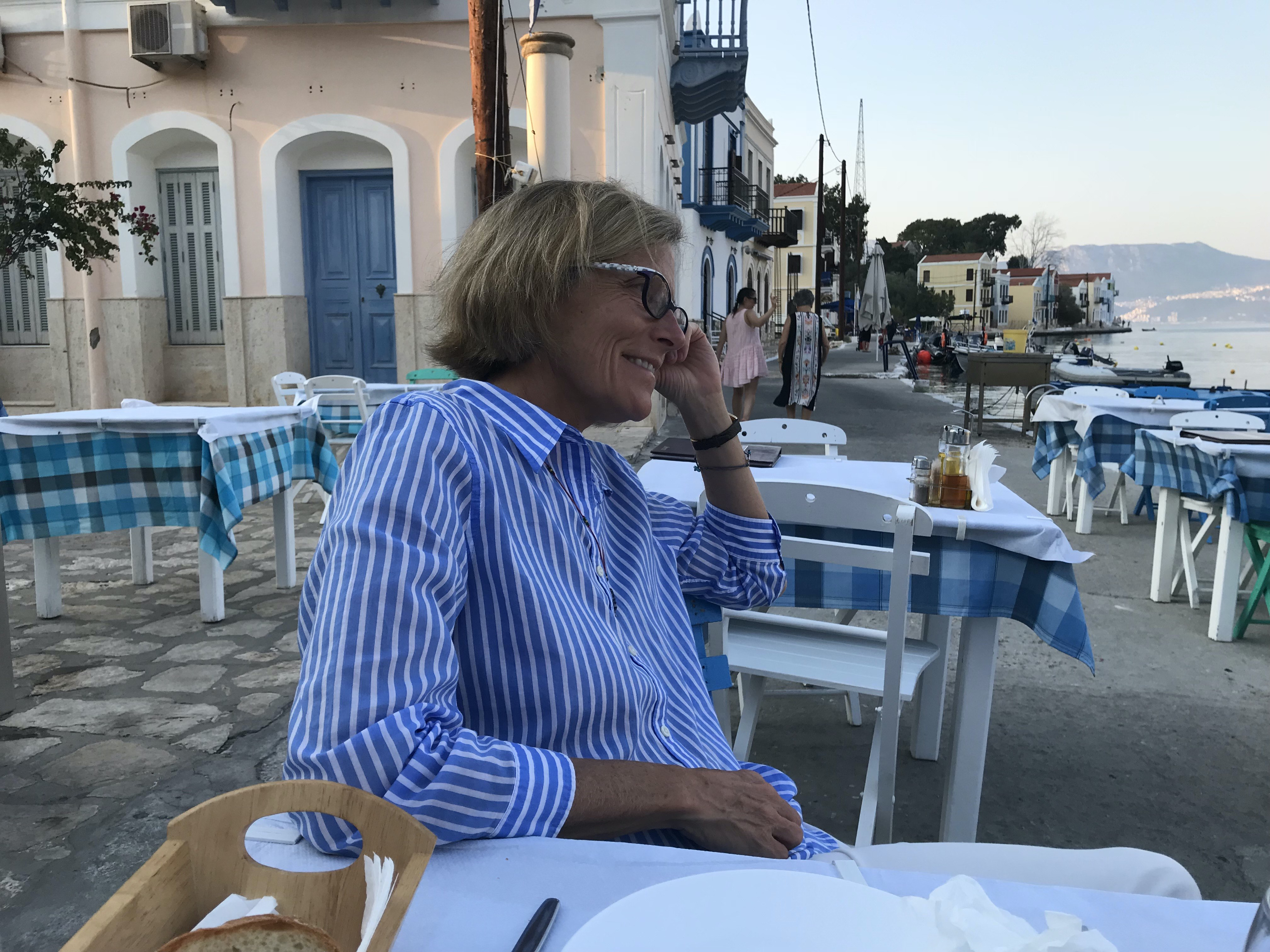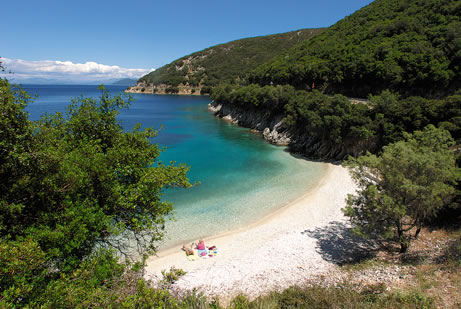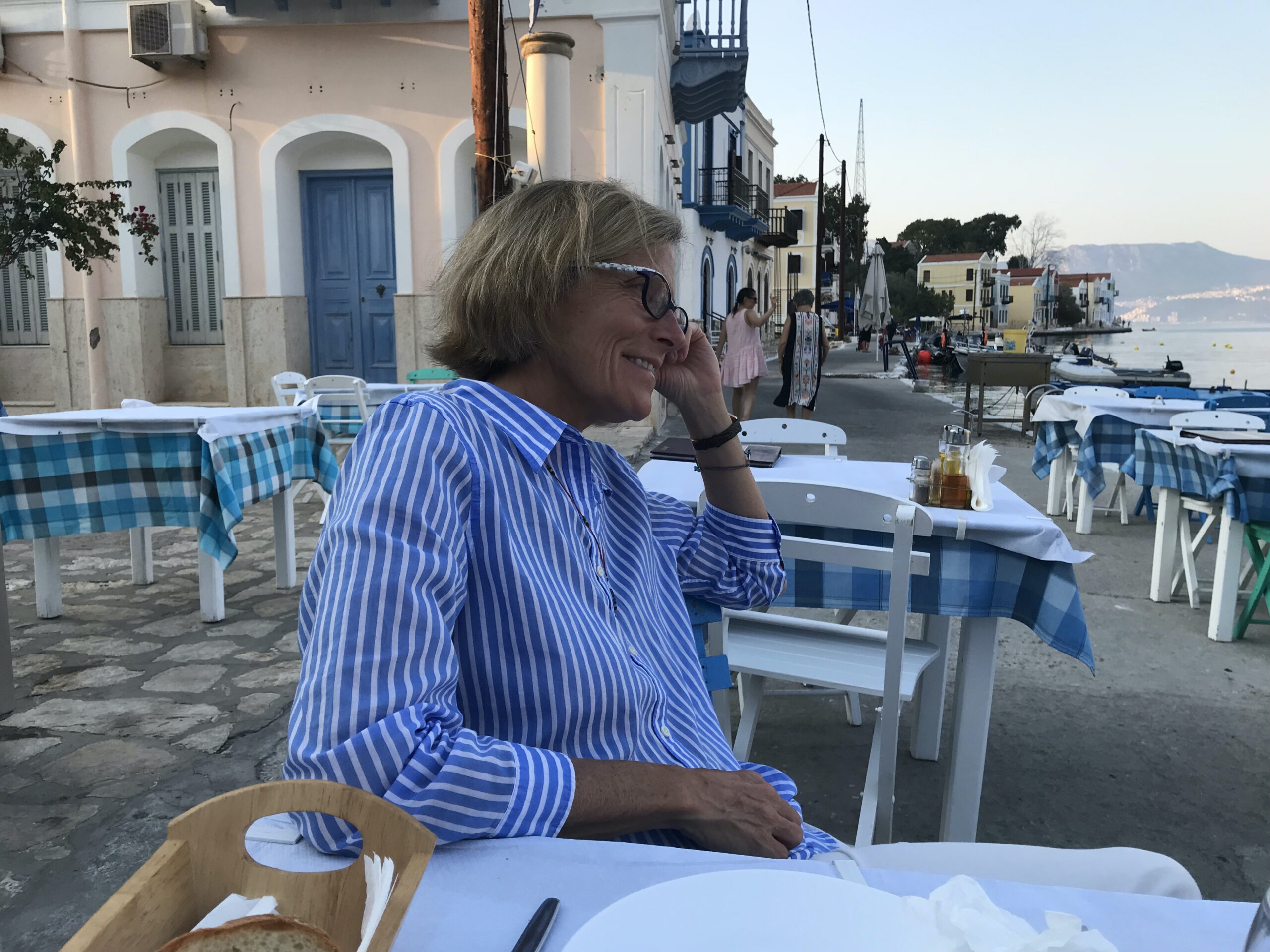By Elizabeth Moose / May 20,2024

Dean of Humanities Elizabeth Moose will retire at the end of this academic year after thirty-one years of service to NCSSM. We asked her to reflect on her long career and what message she would like to share with the NCSSM Classes of 2024 and 2025.
Teaching and working here at NCSSM for the past thirty-one years has been one of the greatest gifts of my life. I am especially grateful to Dr. Ginger Wilson, Founding Faculty Member and NCSSM’s first Dean of Humanities, for hiring me.
NCSSM has given me the opportunity to put my mind, imagination, energy, and heart into the service of something greater than myself. I cannot imagine any work that could have been more engaging and meaningful to me. I have so many wonderful memories of class discussions and students’ presentations and performances in WRRD, WECS, Writing and American Literature, American Studies, Creative Writing, and Classical Myth. Beall 1 and those other basement classrooms will always be sacred spaces to me. Although our time together was passing and will never come again, our connection and communion over texts and ideas will endure as long as we can think and feel.
I am grateful to all the students who have shared their NCSSM journeys with me, and I am grateful to all my colleagues who, through the years, have shared the challenges and joys of inspiring and supporting our students and school.
As I leave NCSSM, I’d like to share with you a poem that has long been meaningful to me. I hope that it will speak to you as it has to me.
With love,
Elizabeth Moose
Ithaka
By C. P. Cavafy
Translated by Edmund Keeley
As you set out for Ithaka
hope your road is a long one,
full of adventure, full of discovery.
Laistrygonians, Cyclops,
angry Poseidon—don’t be afraid of them:
you’ll never find things like that on your way
as long as you keep your thoughts raised high,
as long as a rare excitement
stirs your spirit and your body.
Laistrygonians, Cyclops,
wild Poseidon—you won’t encounter them
unless you bring them along inside your soul,
unless your soul sets them up in front of you.
Hope your road is a long one.
May there be many summer mornings when,
with what pleasure, what joy,
you enter harbors you’re seeing for the first time;
may you stop at Phoenician trading stations
to buy fine things,
mother of pearl and coral, amber and ebony,
sensual perfume of every kind—
as many sensual perfumes as you can;
and may you visit many Egyptian cities
to learn and go on learning from their scholars.
Keep Ithaka always in your mind.
Arriving there is what you’re destined for.
But don’t hurry the journey at all.
Better if it lasts for years,
so you’re old by the time you reach the island,
wealthy with all you’ve gained on the way,
not expecting Ithaka to make you rich.
Ithaka gave you the marvelous journey.
Without her you wouldn’t have set out.
She has nothing left to give you now.
And if you find her poor, Ithaka won’t have fooled you.
Wise as you will have become, so full of experience,
you’ll have understood by then what these Ithakas mean.
C. P. Cavafy, “Ithaka” from C.P. Cavafy: Collected Poems. Translated by Edmund Keeley and Philip Sherrard. Translation Copyright © 1975, 1992 by Edmund Keeley and Philip Sherrard. Reproduced with permission of Princeton University Press.


Leave a Reply